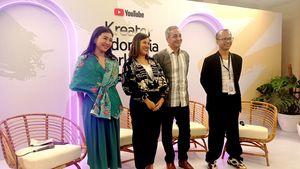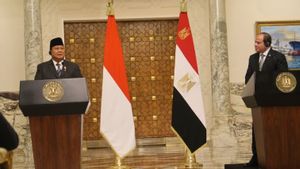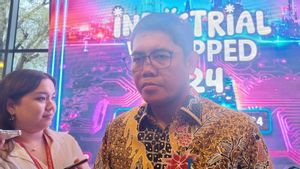A report released on Thursday, October 26, shows that streaming has become the largest source of income for composers and songwriters in 2022. It has even helped increase their revenue collection by more than a quarter to 10.83 billion euros (Rp182 trillion).
The collection of digital royalties jumped nearly 34% to 4.2 billion euros (Rp70.4 trillion) in 2022 in line with the increasing number of consumers turning to music and video subscription services. This was mentioned by the International Confederation of Writers and Components (CISAC) in the report.
After booming during the pandemic, the collection of streaming services has more than doubled from levels before COVID and accounted for 35% of the total collection for music creators, surpassing TV and radio.
Royalties from the live and public show sectors - including concerts, exhibitions and theaters - increased 69.9% to 2.68 billion euros (Rp44.9 trillion) in 2022, but remained below 2019 level of around 7.9% after collapsing during the pandemic.
The report states that entertainment has continued its recovery in 2023 thanks to pending demand and can surpass pre-pandemic levels.
However, the report warns that prospects after 2023 are uncertain due to concerns over consumer spending and the artist's tour budget is getting tighter.
SEE ALSO:
This week, music streaming giant Spotify reported a 26% increase in its monthly number of active users to 574 million in the third quarter, exceeding analyst internal guidance and estimates of 565.7 million.
CISAC president Bjorn Ulvaeus, co-founder of Swedish music group ABBA, said artificial intelligence could impact industry revenue going forward.
"He may not have influenced the creator collection graph line in 2023, but it will happen in the next few years. Currently, songwriters should sit at the table with tech companies and policymakers at the highest level," Ulvaeus said.
CISAC is a network of writers' communities, protecting rights and representing the interests of more than four million music creators, audio-visuals, dramas, literature, and visual arts.
The English, Chinese, Japanese, Arabic, and French versions are automatically generated by the AI. So there may still be inaccuracies in translating, please always see Indonesian as our main language. (system supported by DigitalSiber.id)


















